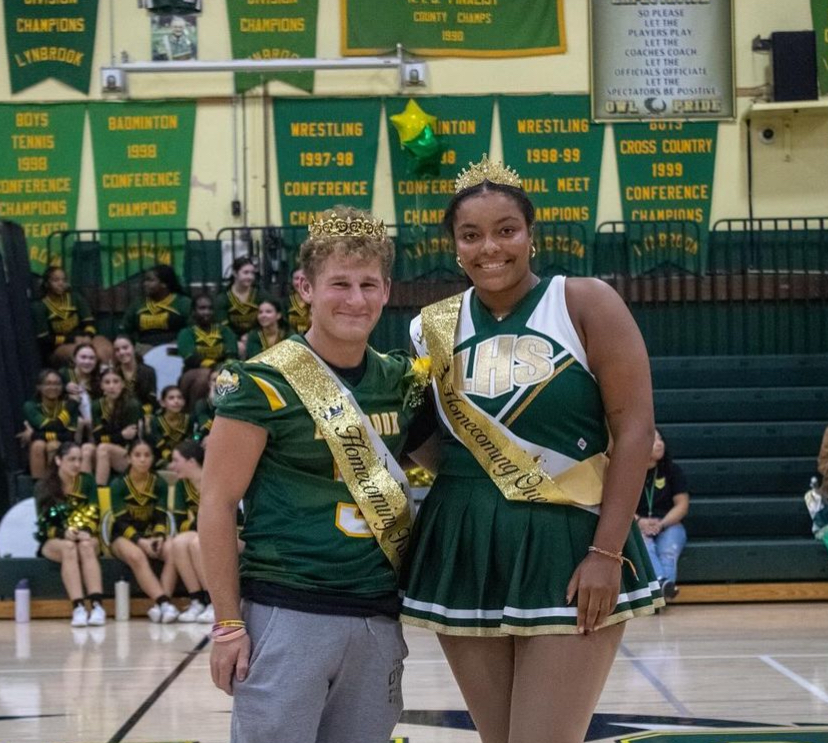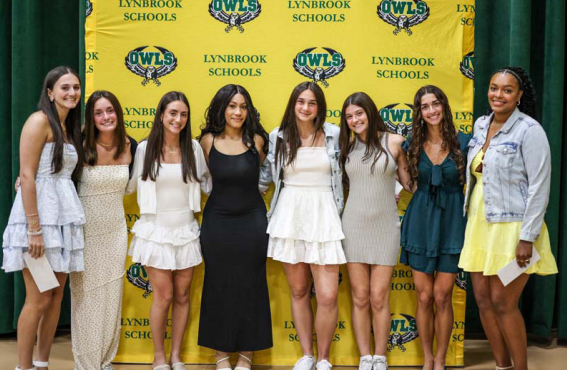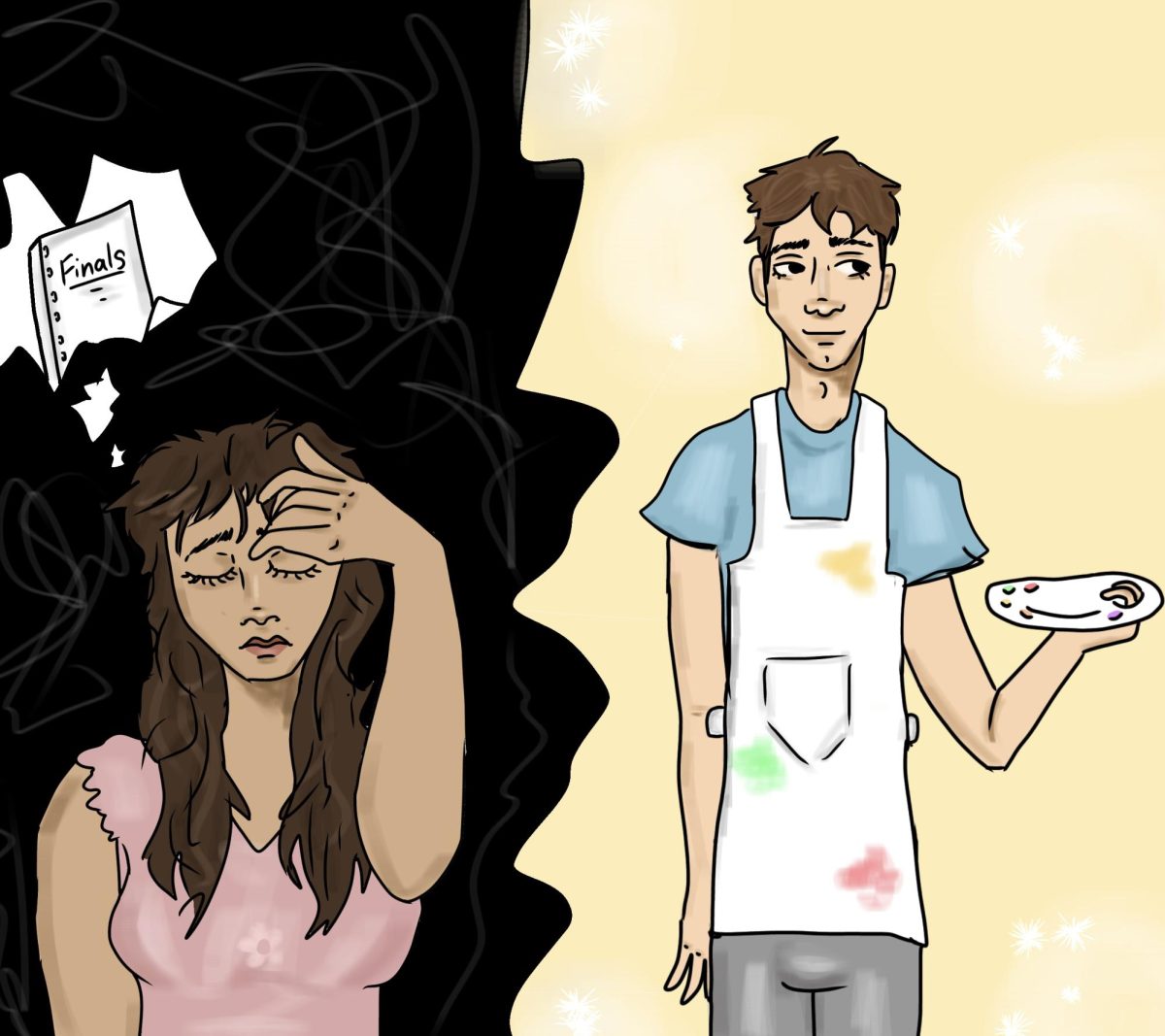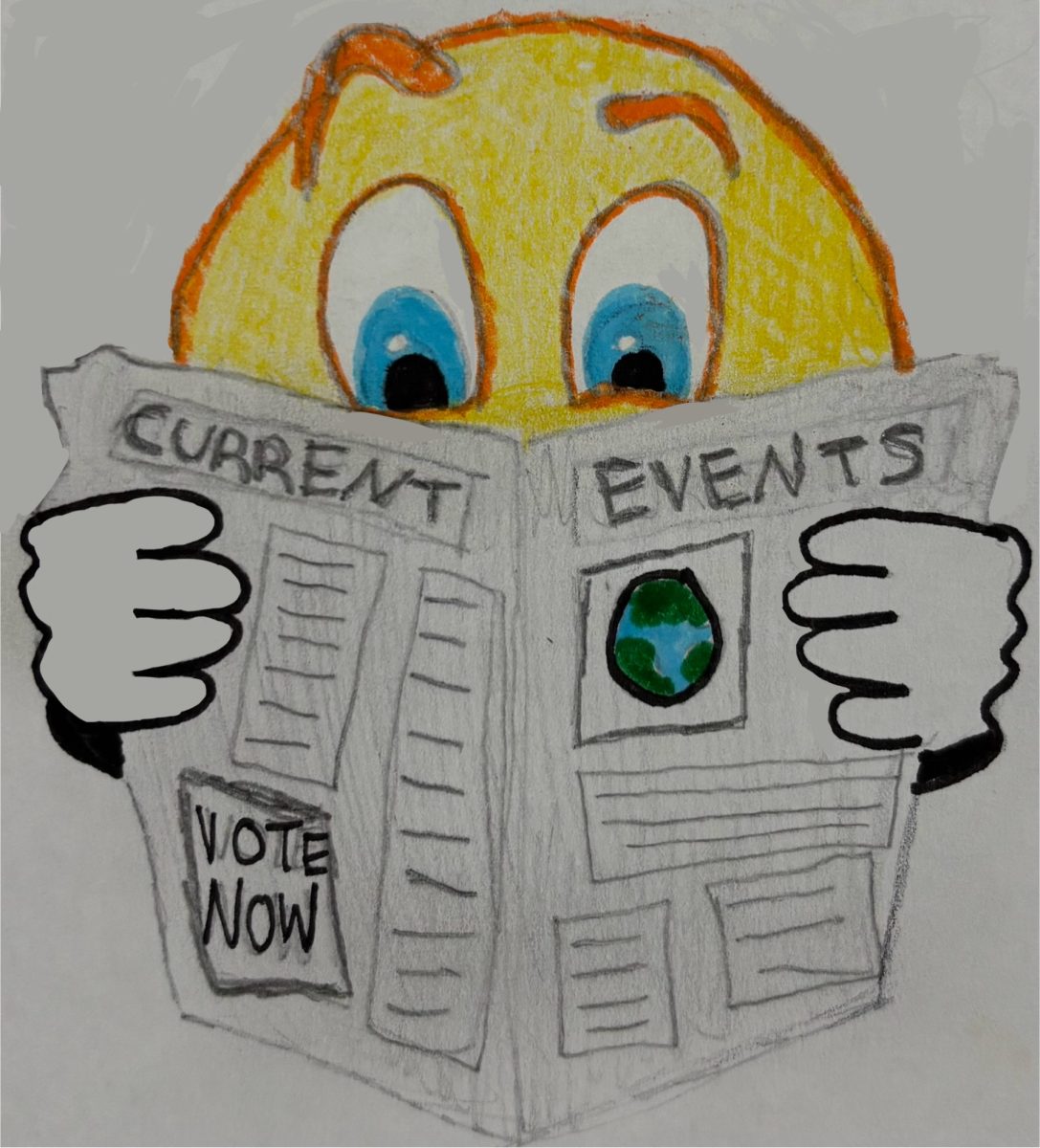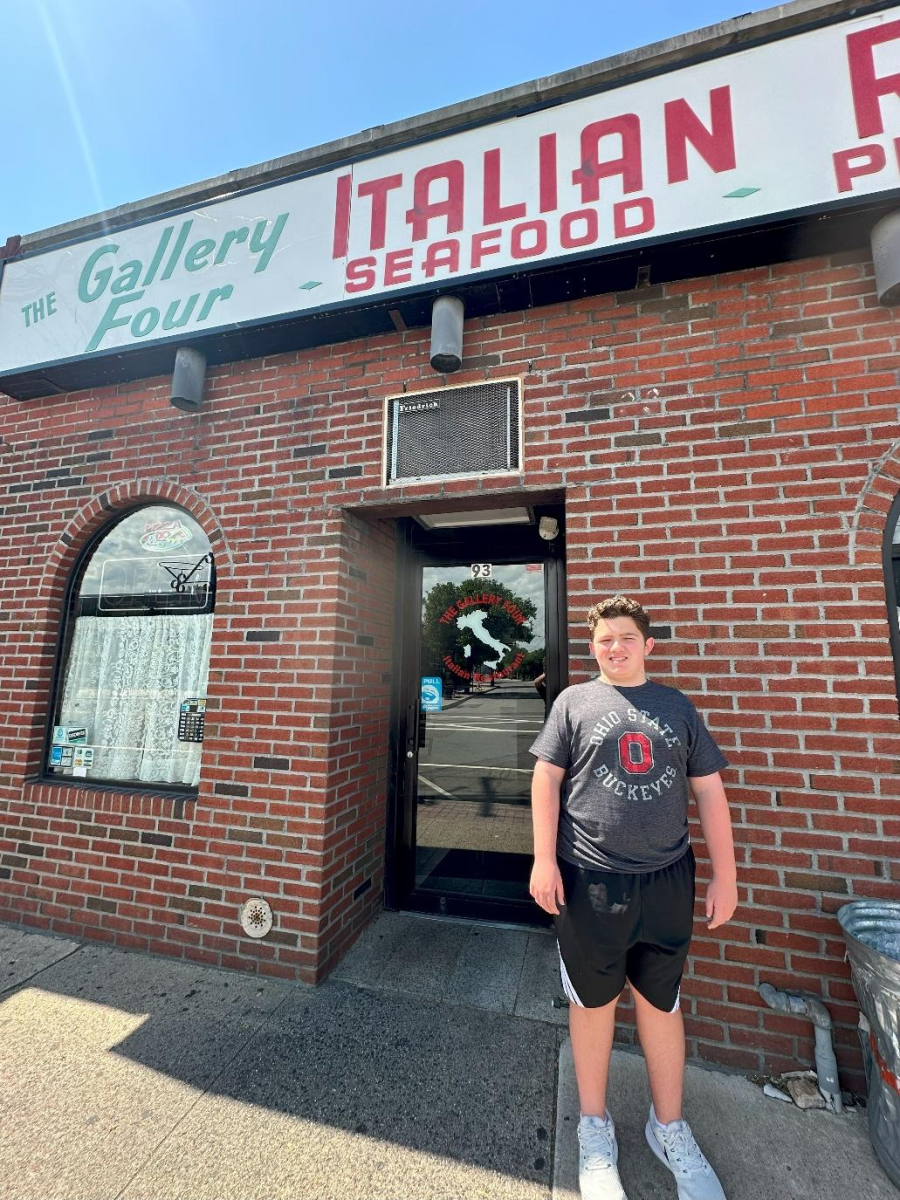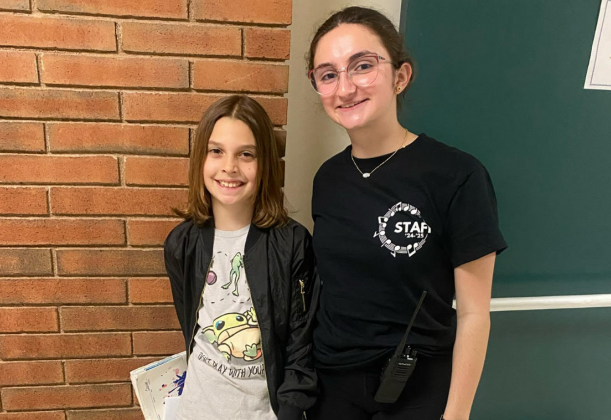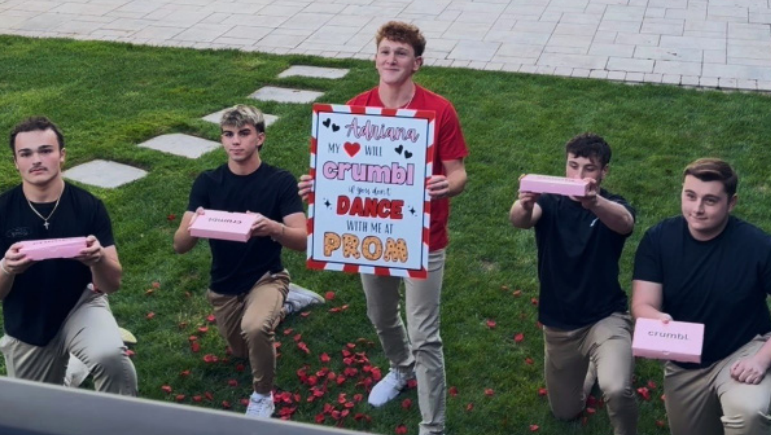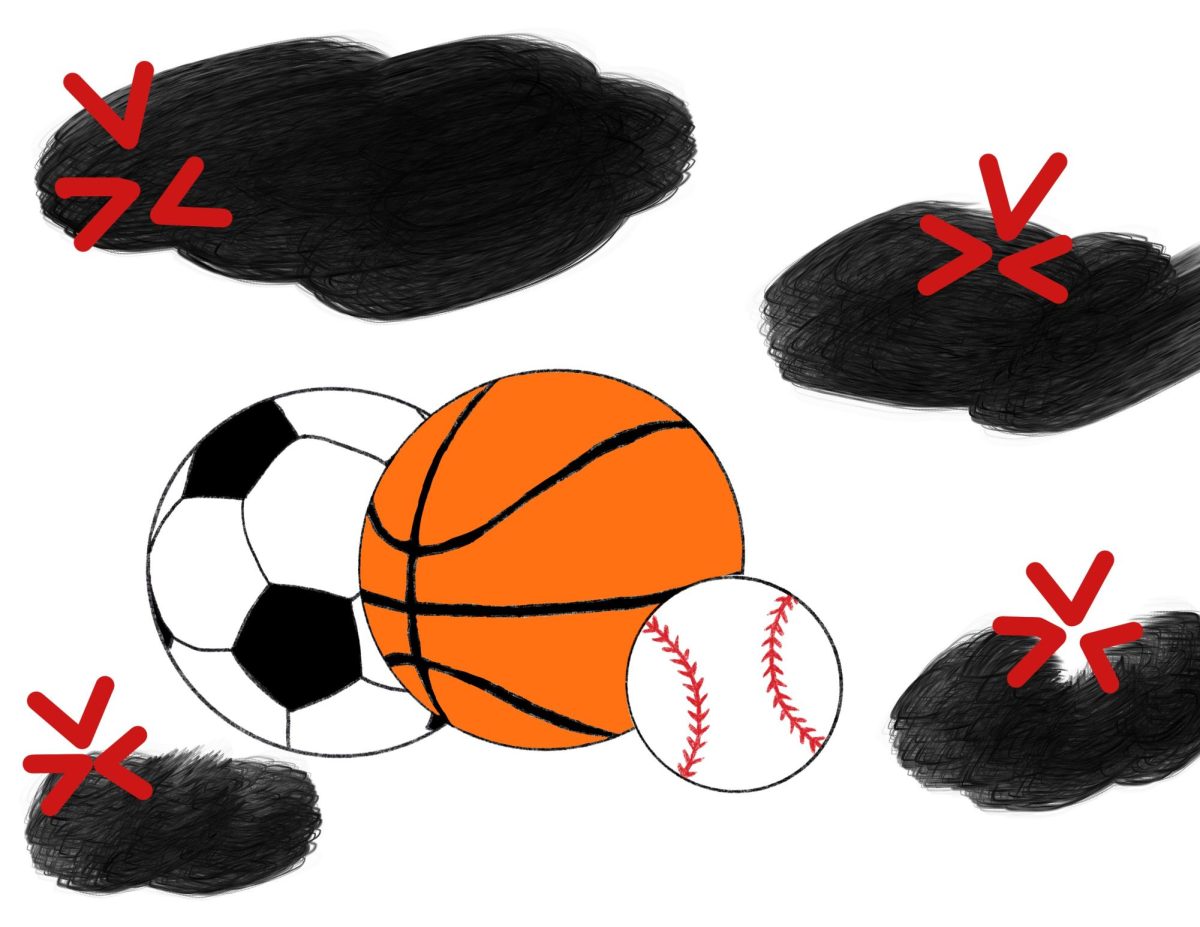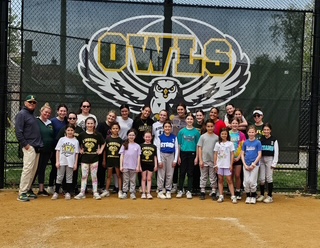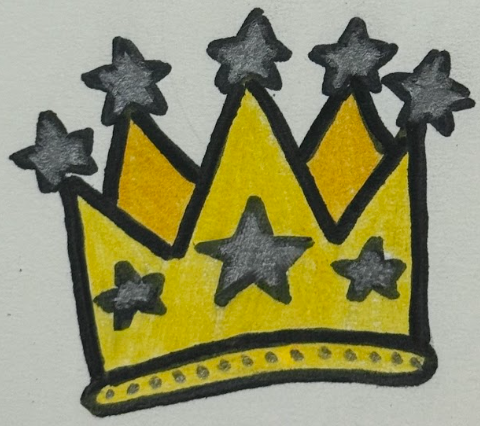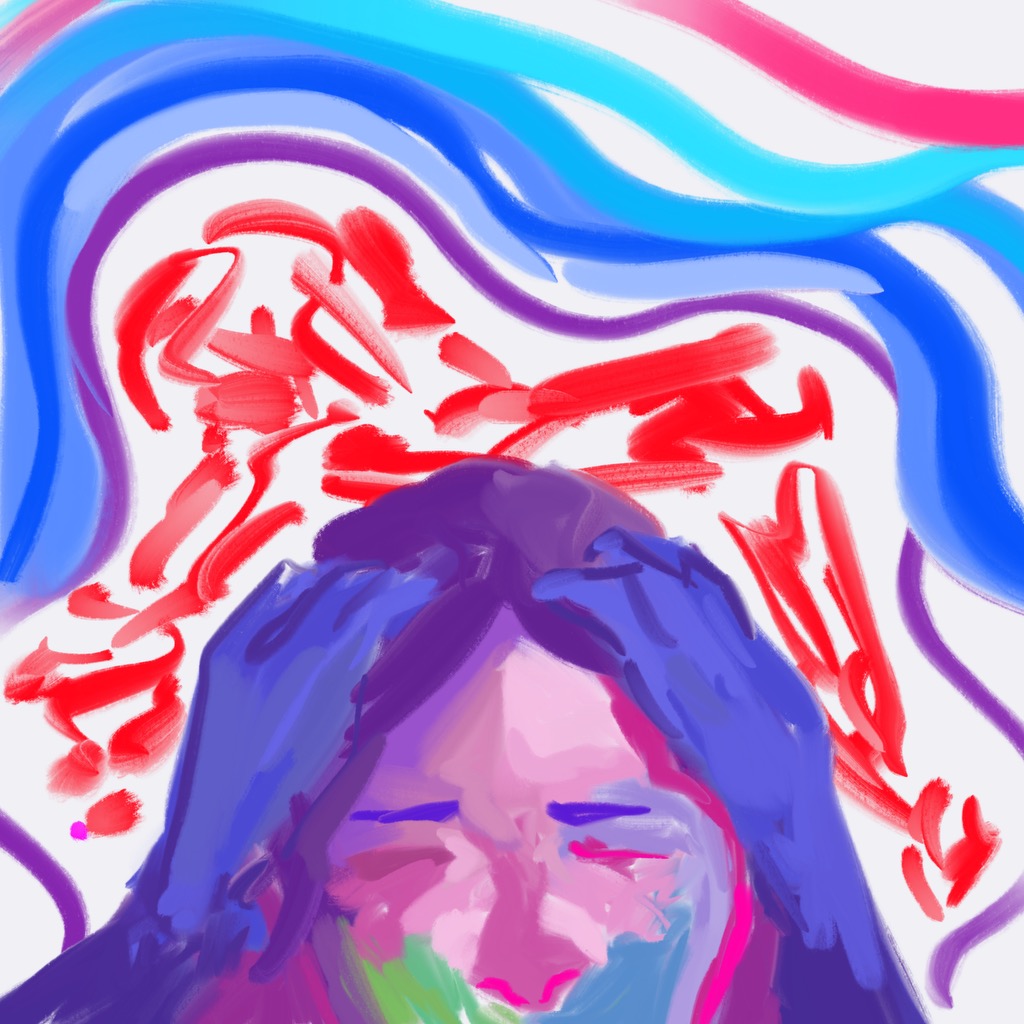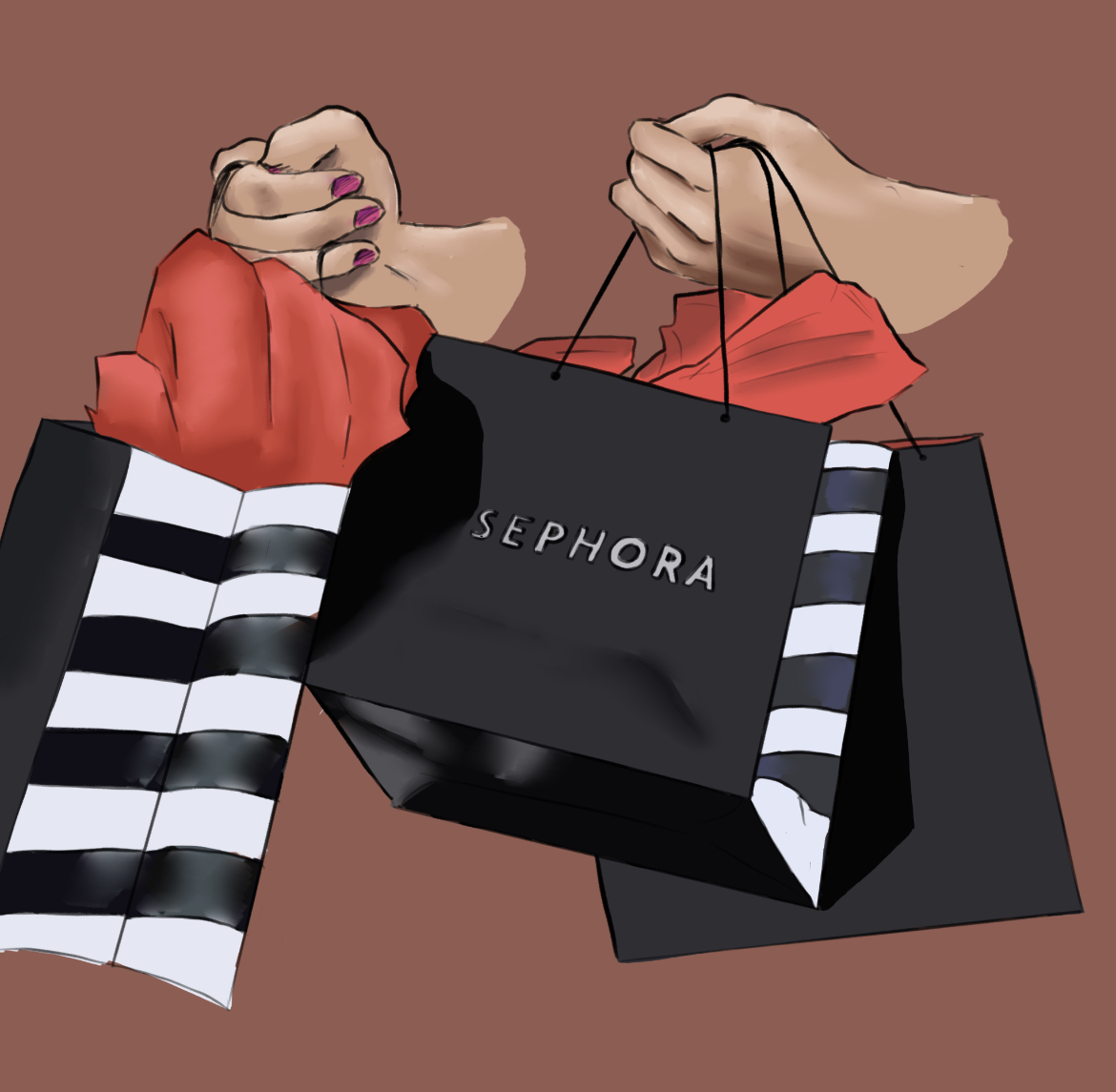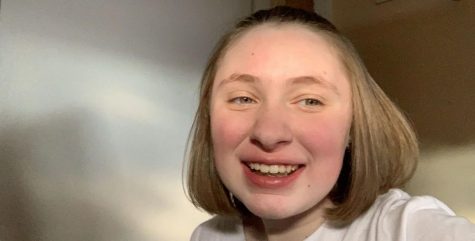Many current high school students have grown up with “makeup” in their childhood: no-tint lip balm, flip phone eyeshadow palettes, and, if lucky, a bit of drugstore mascara. These products were safe for kids, cheap and relatively harmless. The same cannot be said for the type of makeup, and by extension, skincare, kids are wearing now. Recently, Sephora and Ulta Beauty employees and their customers have come online to talk about the “epidemic” of children in makeup and beauty stores. Kids, ranging from six to 12, have been parading into local beauty stores in search of expensive, and potentially harmful makeup and skincare. Not only are some of these products damaging to young, healthy skin, but the kids have also been noted to be rude and cause huge messes while in the store, thus inconveniencing beauty store employees. This problem became even more pronounced during and shortly after the holiday season when parents would come in to buy products on their child’s wish list, and children themselves would come in to spend any gift cards they received over the holidays. Frustrated people on the internet sharing their experiences have brought these kids to the attention of the general public.
Sephora and Ulta Beauty sell makeup and skincare primarily developed for adults. Their products are ofen expensive and pigmented (in some cases), and are not fit for most children, especially those under 12. In particular, children seem to flock to Drunk Elephant Bronzing Drops (and Drunk Elephant products, generally), the Rare Beauty Soft Pinch Blush, and the Glow Recipe brand as a whole. This is not particularly surprising, as all of these products were extremely popular on TikTok during 2023. “The way skincare is being presented to younger kids is really awful because they really don’t need it. They don’t have many skin issues but are having it being shoved down their throats by people who want to make money off of them. Also, the repeated use of so many different products every day at such a young age is probably damaging to their skin.” said senior Charlie Reis. Beauty influencers all over social media test out these products and bring them to the attention of young, impressionable children, who then want to test them out too. This can become a problem when looking at the ingredients of these products.
The Drunk Elephant Bronzing Drops have peptides and chronocyclin in them, words that most adults do not even know the definition or actions of. According to Sephora’s website, peptides primarily “reduce the appearance of fine lines and wrinkles,” and chronocyclin “mimics the antioxidant of vitamin D for more youthful-looking skin.” These products can be beneficial for older people, whose skin may need extra protection and strength, but for young children with healthy, fresh skin, this product has the potential to harm their skin barrier. These chemicals and many others can be found in other Drunk Elephant products as well. Rare Beauty, aside from having a confusing ingredients list, is relatively safe for children. Glow Recipe, on the other hand, is another skincare brand that uses many harsh chemicals, such as BHA (Beta Hydroxy Acids) and PHA (Polyhydroxy Acids), which both reduce fine lines and wrinkles according to the Food and Drug Administration (FDA). Once again, these chemicals may only damage young skin further. Additionally, these products are all extremely expensive and the costs rack up very quickly.
“I see these kids all over the mall, and they’re seven years old buying six hundred dollars worth of Drunk Elephant. [Their] skin isn’t ready for that,” noted senior Chloe Singh. “I went to the mall over break, and Sephora had a huge line of middle schoolers buying retinol and niacinamide with bronzer. In my opinion, most of them are too young to even use all this skincare. It is great that they want to take care of themselves, but using three hundred dollars of product with their parents’ money is insane.”
The chemicals in beauty products have one thing in common: they are all about anti-aging. It is a huge trend in this day and age to use products that reduce or slow down the aging process, get rid of wrinkles, or prevent fine lines from appearing. This is seen everywhere, but it is seen most heavily in the beauty industry, where women have been taught for decades to fit into a societally-set beauty standard. Products like this, and the “anti-aging” trend as a whole, may be teaching kids with incredibly young and healthy skin to fear aging. At such a young age, before the development process even starts, they may think growing up and looking different is a bad thing. This long-term effect of these skincare products can be avoided if children use products designed for their age range: SPF (sunscreen), a gentle cleanser, and a lotion. Skincare is not the enemy, but products with harmful, complicated chemicals in them may break down the strong skin barrier that a young child has.
Adalyn Diaz, senior and CVS employee, has had first-hand experience dealing with these children. “They come to me and [ask], ‘Do you have any Bubble skincare?’ and I lead them to the aisle, and most of the time it’s out of stock. They get annoyed and come back up to me and ask, ‘Can you check in the back for it?’… I go to the back and walk around for a few minutes because I know we are out and then I walk back to them, put on my best sad face and I say, ‘Sorry girls, we’re all out!’” She continued with a funny memory: “One of them did call my manager on me because I accidentally rolled my eyes at them one time.”
The behavior of the children in Sephora and Ulta Beauty stores has become an increasingly relevant issue, with employees and customers coming to social media to share their experiences. The hashtag “#TheSephoraKids” has even been trending on TikTok, with numerous creators making videos about the many dangers and inconveniences of these kids. TikTok user @savdoesmakeup, a Sephora employee, recently posted a video talking about her experiences with the kids in her store. She explained, “[The] last time I was in for a shift, I cleaned up three ‘skincare smoothies’ from Drunk Elephant.” “Skincare smoothies,” being a mix of many different skin care products in one tester product, create a giant mess for employees daily. “[It’s] always when the groups of kids come into the store [that we] find all of the empty Summer Fridays boxes,” she said, implying the kids take the products out of the boxes to use and to steal them. She then explained that however annoying the kids may be to her; she believes it is not mainly their fault; she also blames the parents who are not controlling or limiting them.
Not only have many of these kids made messes in Sephora and Ulta Beauty stores, but some are rude to other customers. Employee and customer accounts have shown that the children who shop in these stores act entitled, mean, and bratty towards employees and adult customers. TikTok user @hankyute, while trying to buy the Drunk Elephant Bronzing Drops, ran into a group of “10 to 11-year-olds in the aisle…[who turned in sync to me] and then refuse[d] to move, as if I [was] an inconvenience to them.” She continued, “I hear one of the little girls mutter under her breath, ‘I understand why you’re so desperate to get those; I hope my face doesn’t look like yours when I’m your age.’ I am twenty.” This behavior and language make customers and employees feel even more against them.
There are many possible reasons as to why there is an epidemic of young children invading beauty stores. One of the most plausible could be that children want to seem older than they are. It is not a new concept for children to want to be older. Generation after generation, it is almost a right of passage to act older to seem cooler, especially for pre-teens. Kids see older teenagers having extensive skincare routines composed of the trendiest makeup products and want to be just like them. Another plausible reason is the rise of social media. Most of the children described are in the age range that would be Generation Alpha, the generation of technology and other major innovations. Because of the almost universal access to the internet in today’s society, young children are very easily able to download social media and gain unrestricted access to everything it has to offer. At impressionable ages from six to 12, children will see a trending beauty product with pretty packaging and “have to have it.” “…All of them only get these products because they are trending on TikTok, and they have no idea what it actually does to their face,” continued Singh. Additionally, parents might not know what is in these skincare products and may unknowingly be exposing their kids to harmful chemicals. In the end, the problem to many of the employees and customers boils down to the internet and social media. Kids are being advertised products that they do not need, and as a result, they are taking over stores such as Sephora and Ulta Beauty.
Kids running around high-end beauty stores allegedly ruin the experience for adult shoppers and the shifts of unsuspecting employees, and even if they just want to act older or seem cooler, most people believe they should stick to the flip phone makeup that so many kids of Generation Z know and love.

